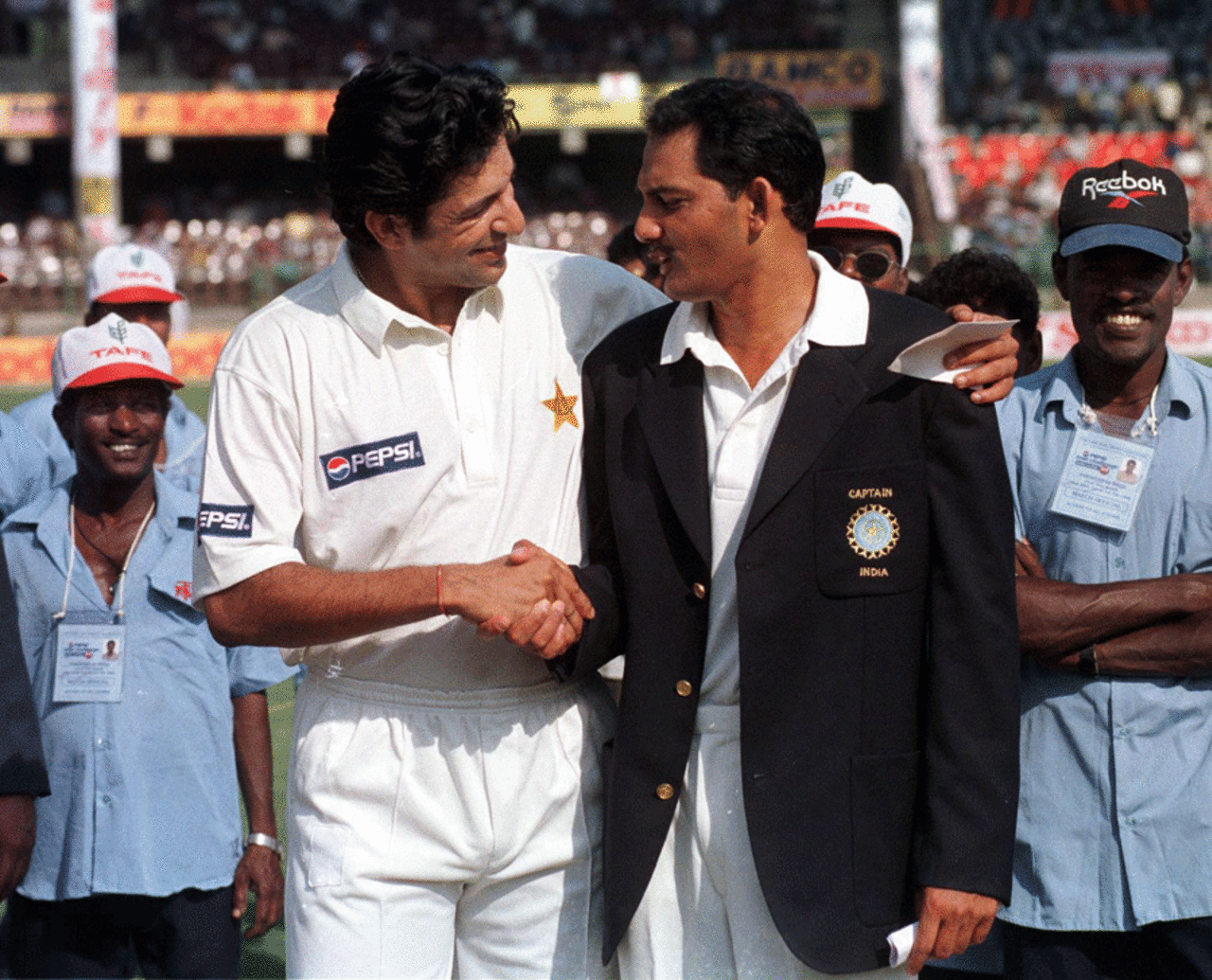Life is tough but cricket is harder
Cricket is the most ambiguous of all sports, often messier, more confusing, more contingent and more compelling than life. It may be billed as escapism but, for some, the trauma of a sporting memory is lasting

Remember Chennai 1999? Of course you do • John MacDougall/AFP/Getty Images
"Sport is not life. Sport is better than life. Life is big, messy, confusing, contingent, compelling us to make decisions on the basis of imperfect information with finite resources, with no certainty about their outcome and no expectation of immediate resolution. Sport is bordered, unambiguous, unadulterated, meritocratic; it offers us simple questions, unqualified answers, straight lines, exact quantifications, winners and losers, heroes and villains. Or so we can pretend, when it is served up to us in the superficial, black-and-white terms in which it is usually consumed in this country."
Such is the scale of the trauma that it reoccurs at the hint of vulnerability. Again, it's not just the pain of losing
When he's not watching / talking / tweeting / reading cricket, Mahesh Sethuraman works in a bank in India to pay his bills. He tweets @cornerd